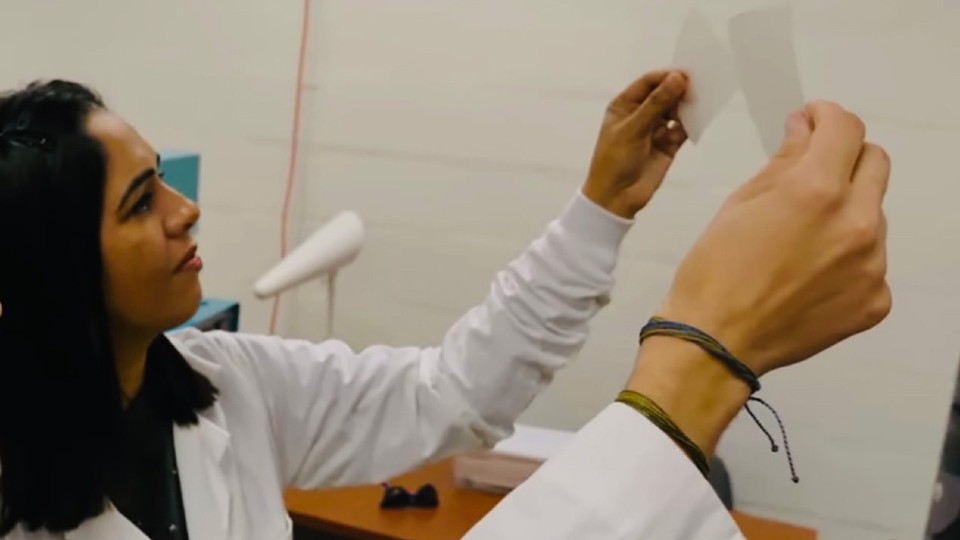When shopping at a grocery store, it can seem that just about every product is packaged or sealed in plastic film.
But now a Clemson University postdoctoral researcher, Sneh Bangar, is seeking to change how food is packaged as she explores ways to use kudzu to create a biodegradable food packaging film as an alternative to plastic.
Based on her research, Bangar has found a way to create Biopack, a biopolymer-based film created from pearl millet starch reinforced by kudzu weed cellulose nanocrystals. The film is designed to be used once and then to biodegrade.

“The accumulation of plastic waste has created serious human, wildlife and environmental problems,” said Bangar. “Because of increasing consumer consumption, post-consumer packaging has become a major source of plastic waste. There is a great need to develop alternative packaging materials which are environment-friendly, economical and effective.”
While the starch-based films may be able to replace plastic, the product may have some practical limitations, including:
- Poor processability
- Limited strength
- Limited high-water absorption capabilities
With these constraints in mind, Bangar is continuing her research to modify Biopack to over these issues and develop it for commercial use.
Video: How do you clear kudzu? Goatscaping
“Currently, the cost to commercially develop this biodegradable film is more expensive than plastic,” she said. “But we will continue our study. We hope to produce a film that can coexist with current manufacturing operations. Our focus is to develop active packaging films for wider market acceptability. We want to reduce rather than replace the amount of waste humans are generating.”
For more information on Bangar’s research, visit bit.ly/Bangar_Research.